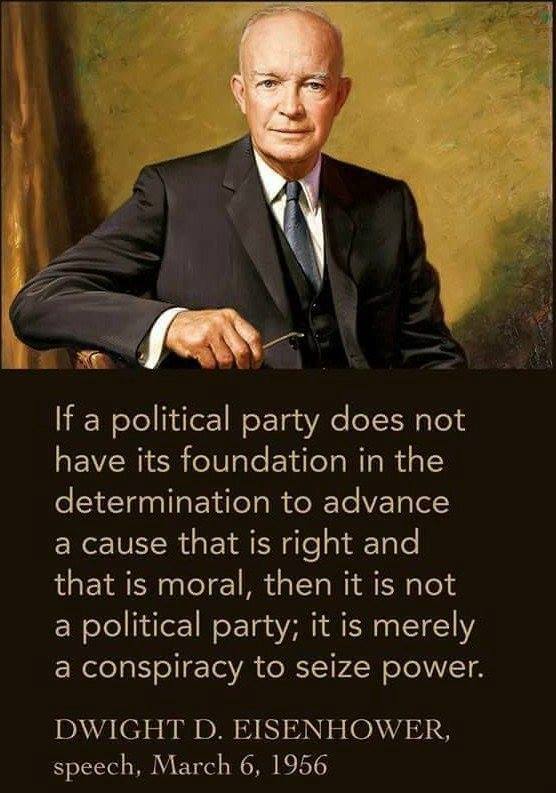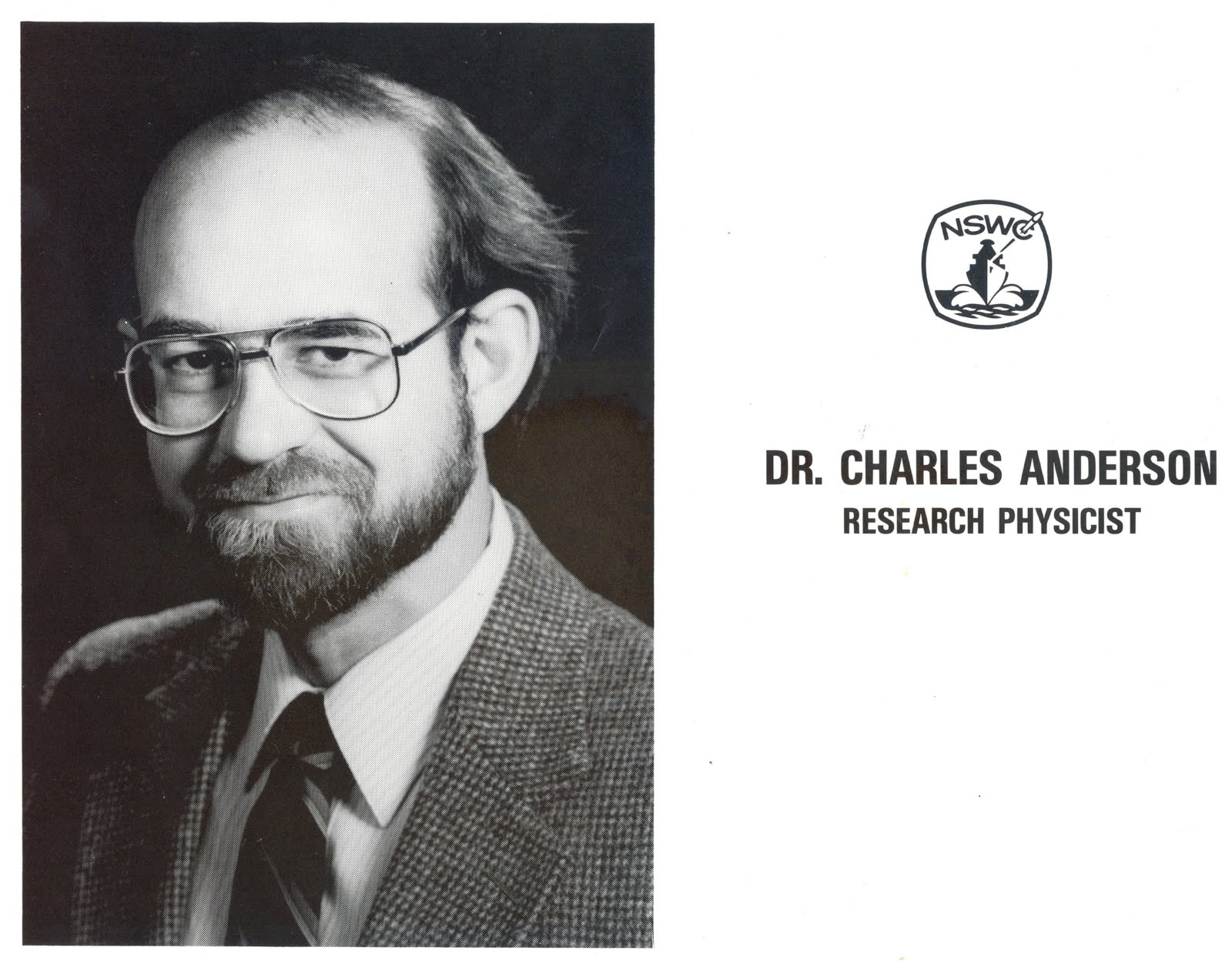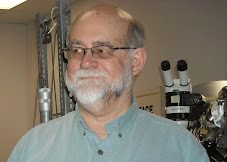02 May 2010
Robert Bryce -- Five Myths About Green Energy
Robert Bryce has long been an expert on energy issues. He is a Senior Fellow of the Manhattan Institute for Policy Research. He wrote Gusher of Lies: The Dangerous Delusions of 'Energy Independence' and the very recently published Power Hungry: The Myths of 'Green' Energy and the Real Fuels of the Future. He published an article called Five Myths About Green Energy in the Sunday, 25 April 2010 Washington Post. His main points are:
1. Solar and wind power are inefficient in using land. An aging natural gas well producing 60,000 cubic feet of gas a day generates 20 times more power per square meter than a wind turbine. A nuclear power plant produces about 8 times as much power per square meter as does a solar photovoltaic installation. Wind power also does not do much to reduce CO2 emissions. The wind generators are frequently unable to produce power, so gas and coal-fired power plants have to be available to supply energy when the wind will not. Denmark more than doubled its wind generation from 1999 to 2007. Carbon dioxide emissions were about the same in 2007 as in 1990, but this was more because of near-zero population growth and extremely high energy taxes. Projections of CO2 emissions to 2017 do not show any reduction in CO2 emissions.
2. The rare earth elements of the lanthanide series, including lanthanum, neodymium, and dysprosium, are used in high-capacity batteries and hybrid-electric cars, wind turbines, and oil refinery catalysts. China controls more than 95% of the global market in these elements, which it is now reducing exports of in favor of its own domestic manufacturers. In comparison to China dominance of this market, there are about 20 countries that produce at least 1 million barrels of crude oil a day. The argument that we should avoid dependence on the 20 countries producing oil and convert that into more dependence on China is not sound.
3. Creating green energy jobs will be much more difficult than our naive politicians suggest. Making wind turbines in the U.S. is a difficult proposition, since labor costs are high and Chinese neodymium is a critical ingredient in the strong magnets used to convert the mechanical energy into electricity. The Chinese have the advantage in labor costs and the supply of neodymium. The Chinese have also increased their market share in the world solar panel business from 7% in 2005 to 25% in 2009. Growth Energy, a lobby group, says that increasing the ethanol in gasoline will create 136,000 jobs, but the Environmental Working Group says no more than 27,000 will be created at a cost to taxpayers of as much as $446,000. That sum must be extracted from the private sector where it would produce about 9 jobs instead of 1 job. So, yes, the government can create green jobs, but the cost in non-green jobs is commonly very high.
4. Will electric cars reduce the demand for oil? Electric car development has been going on for 100 years, with while "failure tailgates failure." The New York Times said the electric car was cleaner and quieter and more economical in 1911. Unfortunately, it never became dependable. "Gasoline contains about 80 times as much energy, by weight, as the best lithium-ion battery." The electric motor is more efficient than the gasoline combustion engine, but batteries take hours to recharge and are finicky and short-lived. About 40% of Americans do not have access to an electric outlet to recharge their car at home. There are still huge problems to overcome to make electric cars practical.
5. It is said the U.S. lags other countries in becoming energy-efficient. However, the average per capita energy consumption of the U.S. fell by 2.5% from 1980 to 2006. This reduction was greater than that of any other developed country except Switzerland and Denmark. The U.S. has also been among the best in reducing the amount of energy used and the CO2 emitted per $1 of GDP. The U.S. is going green simply by "allowing enigineers and entrepreneurs to do what they do best: make products that are faster, cheaper and more efficient than the ones they made the year before."
I have long argued that wind and solar energy create land-use problems. I have also argued that our oil dependence is not so bad as it has been made out to be because there are many suppliers around the world, though one of my recent sources for that understanding was Robert Bryce's book Gusher of Lies. I graduated from high school in Tulsa, Oklahoma at a time when Tulsa was still a major player in the oil industry, though it was losing out to Houston. I worked three summers for oil industry companies to earn money for college and I have ever since been interested in information on the industry.
I have generally argued that heavy government subsidies for the production of solar power, wind generation, ethanol, and electric cars were misguided interferences with the private sector, which can and will produce such innovations when the technology really exists to make them happen economically. Until that happens, these many huge government subsidies are simply a waste of the taxpayer's money which would otherwise be put to better use. As much as the government and academia wish to think they know more than the private sector does, they prove almost always to be wrong or, at least, premature. Very often, technology cannot be rushed. When the science is known, it still very often takes a long time for the sum of the technology based on that science needed to put the science to work in practical ways, a long time to develop. That process is commonly much more complex than government sound-bite politicians and disconnected bureaucrats or academic ivory tower types can understand.
1. Solar and wind power are inefficient in using land. An aging natural gas well producing 60,000 cubic feet of gas a day generates 20 times more power per square meter than a wind turbine. A nuclear power plant produces about 8 times as much power per square meter as does a solar photovoltaic installation. Wind power also does not do much to reduce CO2 emissions. The wind generators are frequently unable to produce power, so gas and coal-fired power plants have to be available to supply energy when the wind will not. Denmark more than doubled its wind generation from 1999 to 2007. Carbon dioxide emissions were about the same in 2007 as in 1990, but this was more because of near-zero population growth and extremely high energy taxes. Projections of CO2 emissions to 2017 do not show any reduction in CO2 emissions.
2. The rare earth elements of the lanthanide series, including lanthanum, neodymium, and dysprosium, are used in high-capacity batteries and hybrid-electric cars, wind turbines, and oil refinery catalysts. China controls more than 95% of the global market in these elements, which it is now reducing exports of in favor of its own domestic manufacturers. In comparison to China dominance of this market, there are about 20 countries that produce at least 1 million barrels of crude oil a day. The argument that we should avoid dependence on the 20 countries producing oil and convert that into more dependence on China is not sound.
3. Creating green energy jobs will be much more difficult than our naive politicians suggest. Making wind turbines in the U.S. is a difficult proposition, since labor costs are high and Chinese neodymium is a critical ingredient in the strong magnets used to convert the mechanical energy into electricity. The Chinese have the advantage in labor costs and the supply of neodymium. The Chinese have also increased their market share in the world solar panel business from 7% in 2005 to 25% in 2009. Growth Energy, a lobby group, says that increasing the ethanol in gasoline will create 136,000 jobs, but the Environmental Working Group says no more than 27,000 will be created at a cost to taxpayers of as much as $446,000. That sum must be extracted from the private sector where it would produce about 9 jobs instead of 1 job. So, yes, the government can create green jobs, but the cost in non-green jobs is commonly very high.
4. Will electric cars reduce the demand for oil? Electric car development has been going on for 100 years, with while "failure tailgates failure." The New York Times said the electric car was cleaner and quieter and more economical in 1911. Unfortunately, it never became dependable. "Gasoline contains about 80 times as much energy, by weight, as the best lithium-ion battery." The electric motor is more efficient than the gasoline combustion engine, but batteries take hours to recharge and are finicky and short-lived. About 40% of Americans do not have access to an electric outlet to recharge their car at home. There are still huge problems to overcome to make electric cars practical.
5. It is said the U.S. lags other countries in becoming energy-efficient. However, the average per capita energy consumption of the U.S. fell by 2.5% from 1980 to 2006. This reduction was greater than that of any other developed country except Switzerland and Denmark. The U.S. has also been among the best in reducing the amount of energy used and the CO2 emitted per $1 of GDP. The U.S. is going green simply by "allowing enigineers and entrepreneurs to do what they do best: make products that are faster, cheaper and more efficient than the ones they made the year before."
I have long argued that wind and solar energy create land-use problems. I have also argued that our oil dependence is not so bad as it has been made out to be because there are many suppliers around the world, though one of my recent sources for that understanding was Robert Bryce's book Gusher of Lies. I graduated from high school in Tulsa, Oklahoma at a time when Tulsa was still a major player in the oil industry, though it was losing out to Houston. I worked three summers for oil industry companies to earn money for college and I have ever since been interested in information on the industry.
I have generally argued that heavy government subsidies for the production of solar power, wind generation, ethanol, and electric cars were misguided interferences with the private sector, which can and will produce such innovations when the technology really exists to make them happen economically. Until that happens, these many huge government subsidies are simply a waste of the taxpayer's money which would otherwise be put to better use. As much as the government and academia wish to think they know more than the private sector does, they prove almost always to be wrong or, at least, premature. Very often, technology cannot be rushed. When the science is known, it still very often takes a long time for the sum of the technology based on that science needed to put the science to work in practical ways, a long time to develop. That process is commonly much more complex than government sound-bite politicians and disconnected bureaucrats or academic ivory tower types can understand.
Subscribe to:
Post Comments (Atom)































































No comments:
Post a Comment